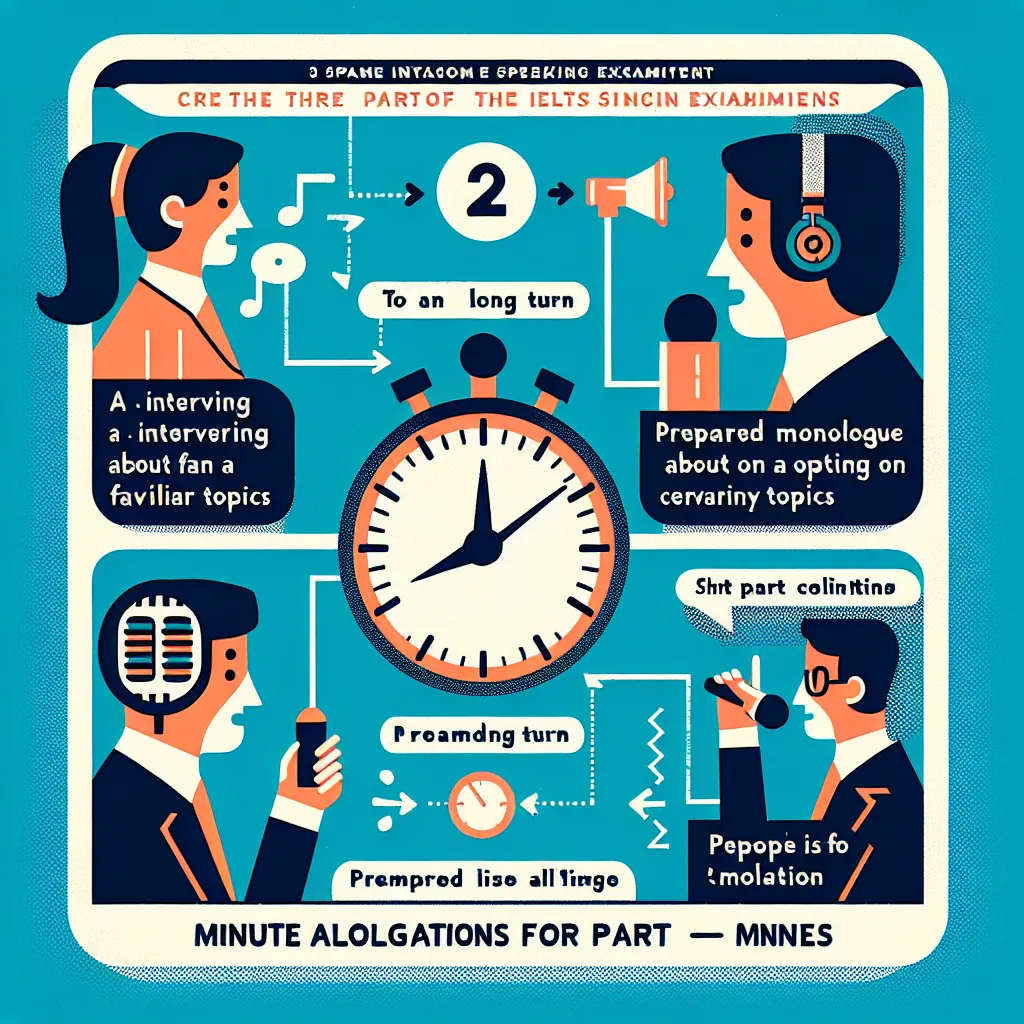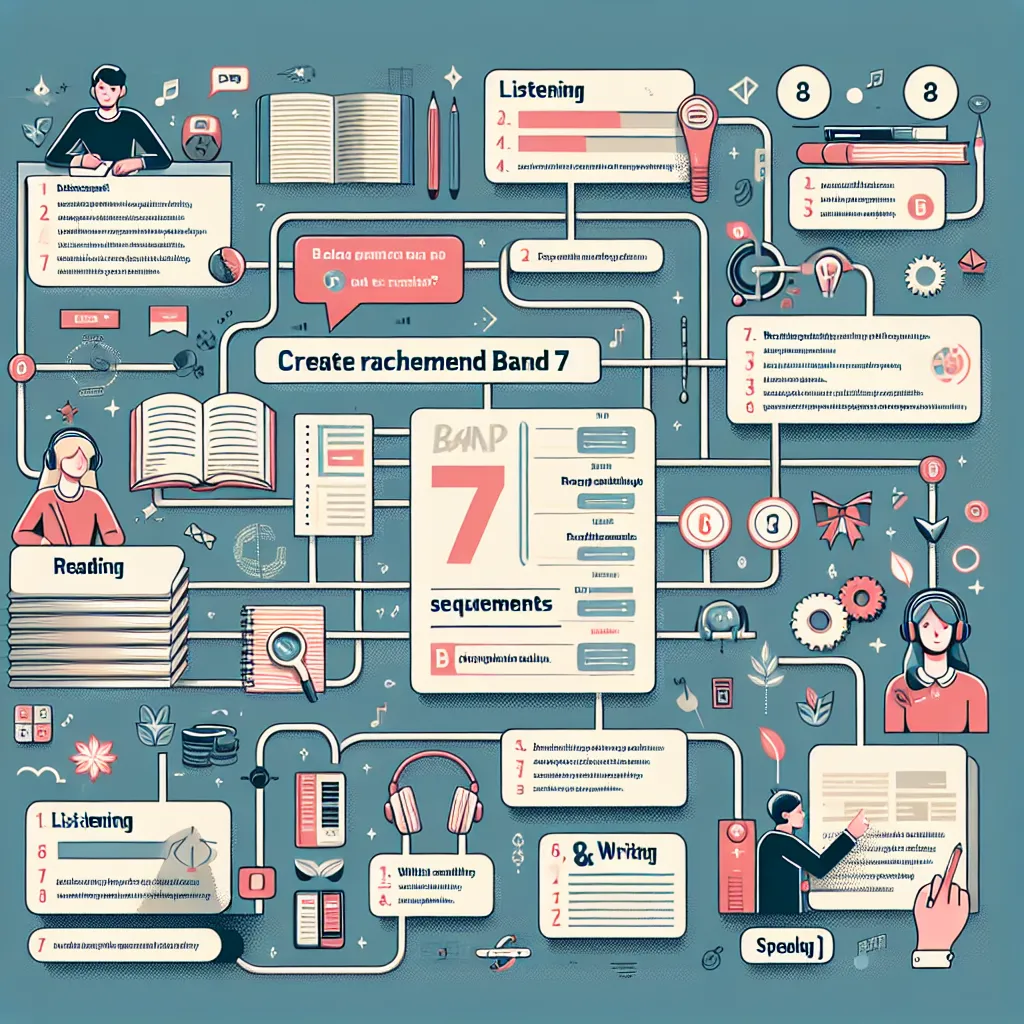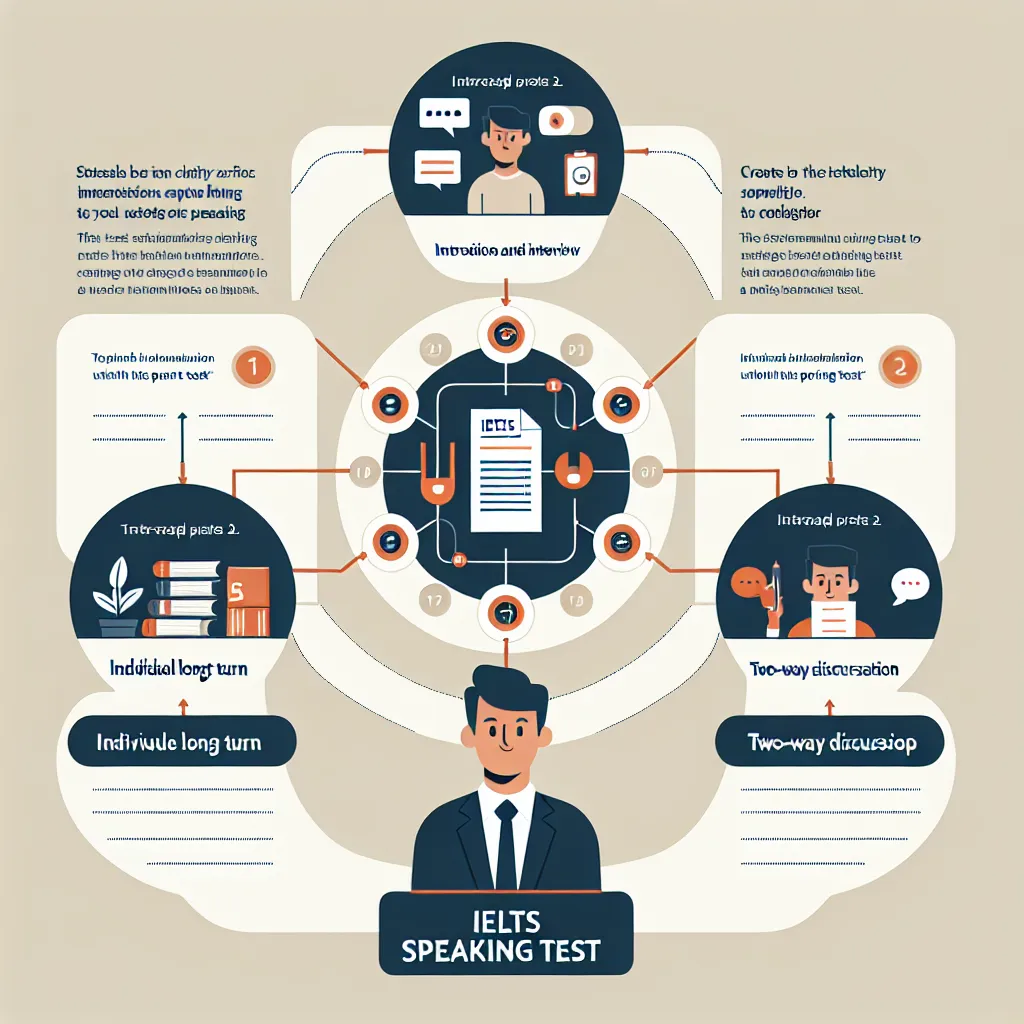As an experienced IELTS instructor and content creator for LearnEnglish.NET, I’ve encountered numerous challenges that test-takers face in the IELTS Writing section. Understanding these common pitfalls is crucial for improving your performance and achieving your desired band score. In this comprehensive guide, we’ll explore the most frequent mistakes in IELTS Writing and provide actionable strategies to overcome them.
Understanding the Importance of Avoiding Common Mistakes
Before we delve into the specific errors, it’s essential to recognize why identifying and addressing these mistakes is vital for your IELTS success. The Writing section accounts for 25% of your overall IELTS score, making it a critical component of the exam. By being aware of and avoiding common pitfalls, you can significantly enhance your writing quality and boost your chances of achieving a higher band score.
 IELTS Writing Mistakes
IELTS Writing Mistakes
Most Common Mistakes in IELTS Writing
1. Poor Time Management
One of the most prevalent issues IELTS candidates face is improper time allocation. The Writing section consists of two tasks, and managing your time effectively between them is crucial.
Common error: Spending too much time on Task 1, leaving insufficient time for Task 2, which carries more weight in scoring.
Solution: Practice allocating 20 minutes for Task 1 and 40 minutes for Task 2. Use a timer during your practice sessions to develop a sense of pacing.
2. Misinterpreting the Task
Misunderstanding the question or prompt can lead to off-topic responses, resulting in lower scores.
Common error: Failing to address all parts of the question or writing about a related but different topic.
Solution: Carefully read and analyze the task prompt. Underline key words and ensure you understand what’s being asked before you start writing.
3. Inadequate Essay Structure
A well-structured essay is essential for clarity and coherence in your writing.
Common error: Lack of clear paragraphs, missing introduction or conclusion, or illogical organization of ideas.
Solution: Follow a standard essay structure:
- Introduction (with a clear thesis statement)
- Body paragraphs (each discussing a main point)
- Conclusion (summarizing your arguments)
Practice outlining your essays before writing to ensure a logical flow of ideas.
4. Limited Vocabulary Range
Using a wide range of vocabulary accurately is crucial for achieving higher band scores.
Common error: Overusing simple or repetitive vocabulary, or using advanced words incorrectly.
Solution: Build your vocabulary by learning new words in context. Use synonyms and paraphrasing techniques to demonstrate lexical resource without risking inaccuracy.
5. Grammatical Errors
Grammatical accuracy is a key criterion in IELTS Writing assessment.
Common error: Mistakes in subject-verb agreement, tense consistency, article usage, and sentence structure.
Solution: Review fundamental grammar rules and practice identifying and correcting errors in sample essays. Focus on using a mix of simple and complex sentence structures accurately.
6. Lack of Cohesion and Coherence
Your ideas should flow logically and be connected effectively throughout your essay.
Common error: Abrupt transitions between ideas, lack of linking words, or unclear relationships between sentences and paragraphs.
Solution: Use a variety of cohesive devices (e.g., furthermore, however, in contrast) to connect your ideas. Ensure each paragraph has a clear topic sentence and that ideas progress logically.
7. Insufficient Development of Ideas
Examiners look for well-developed and supported arguments.
Common error: Making claims without providing sufficient examples or explanations.
Solution: For each main point, provide specific examples, explanations, or evidence to support your argument. Use the “Point, Explain, Example” (PEE) structure in your body paragraphs.
8. Ignoring Word Count Requirements
Meeting the minimum word count is essential for both Task 1 and Task 2.
Common error: Writing significantly fewer words than required, leading to an automatic reduction in score.
Solution: Practice writing to meet the word count (150 words for Task 1, 250 words for Task 2). Learn to estimate your word count visually to manage your writing during the exam.
9. Overuse of Memorized Phrases
While having a repertoire of useful phrases is beneficial, overreliance on memorized content can be detrimental.
Common error: Using pre-learned phrases that don’t fit naturally within the context of your essay.
Solution: Focus on understanding and using phrases flexibly rather than memorizing entire sentences. Adapt your language to fit the specific task and context.
10. Poor Handwriting
Although content is paramount, illegible handwriting can affect your score if the examiner struggles to read your essay.
Common error: Rushed, unclear handwriting that makes your essay difficult to read.
Solution: Practice writing legibly under timed conditions. If your handwriting is naturally poor, focus on writing slowly and clearly, even if it means writing slightly less.
Key Steps to Improve Your IELTS Writing
- Regular Practice: Set aside time each day to practice writing essays under exam conditions.
- Self-Assessment: Learn to critically evaluate your own writing using the IELTS band descriptors.
- Seek Feedback: Have your essays reviewed by a teacher or join online IELTS writing forums for peer feedback.
- Read Widely: Expose yourself to various writing styles and topics to improve your vocabulary and idea generation.
- Timed Practice: Regularly practice writing under time pressure to improve your speed and efficiency.
Conclusion
Recognizing and addressing these common mistakes in IELTS Writing is a crucial step towards improving your performance. Remember, improvement comes with consistent practice and reflection. By focusing on these areas and implementing the suggested solutions, you’ll be well on your way to achieving your target band score in the IELTS Writing section.
We encourage you to share your experiences or ask questions in the comments below. For more IELTS preparation tips and resources, explore our other articles on LearnEnglish.NET.
[internal_links]




